Bronchiolitis is almost always caused by a viral infection. It most commonly affects babies between 3 and 6 months of age.

Pin On Health
It's a common virus which almost all children will have caught by the time they reach the age of two.
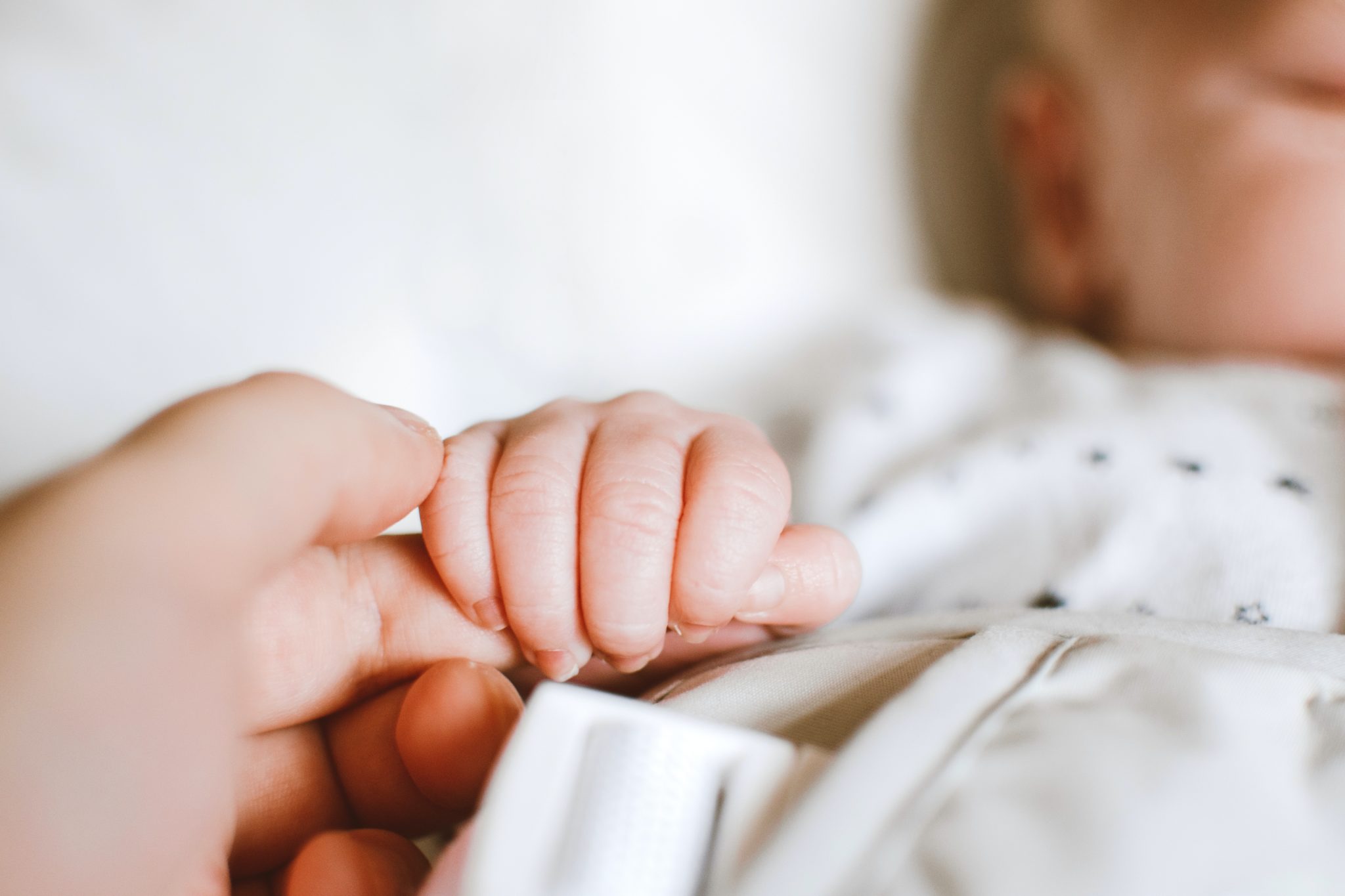
Rsv in babies nhs. It most commonly affects babies between three and six months of age. Rsv is a very common virus and almost all children are infected with it by the time they are two years old. It causes infections in the lungs and respiratory tract.
By the age of 2, almost all infants will have been infected with rsv and up to half will have had bronchiolitis. Usually, bronchiolitis is caused by a virus called respiratory syncytial virus (known as rsv). Nhs to be warned of significant winter rise of children's respiratory virus rsv.
Infants who get an rsv infection almost always show symptoms. Infants identified as being at highest risk from rsv are eligible to be immunised with palivizumab, administered as an intramuscular injection, to provide protection against infection and to decrease the risk of hospitalisation. Rsv is a common cause of colds.
Government alert over surge in respiratory virus affecting babies and toddlers. Bronchiolitis is most widespread during the winter (from november to march). Rsv is the cause of 75% of cases of bronchiolitis.
High risk babies from catching respiratory syncytial virus which can cause serious illness and death. Five doses of palivizumab are usually required to cover the typical rsv season. The rsv vaccination is recommended for use in all infants in the following groups:
In very young infants (less than 6 months old), the only symptoms of rsv infection may be. How did my child catch it? Rsv is one of the most common viruses which causes bronchiolitis.
Around 1 in 3 children in the uk will develop bronchiolitis during their first year of life. Almost all children will have had an infection caused by rsv by the time they are two. "by the age of two, almost all infants will have been infected with rsv and up to half will have had bronchiolitis."
Respiratory syncytial virus is just one of many viruses that can cause a cough or cold in children and adults. There is currently no licensed rsv vaccine, but a number of vaccines are now in the later stages of development and are expected to be licensed. It can lead to bronchiolitis in babies and younger children although it normally only causes a cough or cold in older children and adults.
In most cases, the respiratory syncytial virus (rsv) is responsible. Nhs trusts are reporting that they are already seeing a rise in children being hospitalised with respiratory syncytial virus (rsv) due to. This can make it more difficult for your baby to breathe.
Hospital treatment for babies with rsv costs the nhs millions of pounds every year. This is different from adults who can sometimes get rsv infections and not have symptoms. Rsv (respiratory syncytial virus) is a common virus that spreads primarily among children, but can affect adults too.
"around one in three children in the uk will develop bronchiolitis during their first year of life. What to watch for as nhs warns of uptick in respiratory illnesses parents have been warned to be on the lookout for respiratory illnesses in children, as the covid lockdown. Rsv is a very common virus and almost all children are infected with it by the time they're 2 years old.
In older children and adults, it may cause a cough or cold. Rsv usually causes mild respiratory infection in adults and children, but it can be severe in infants who are at increased risk of acute lower respiratory tract infection. Like many viruses, rsv can spread through saliva droplets when someone coughs or sneezes.
It causes infections in the lungs and respiratory tract. Those most at risk of developing severe, and occasionally fatal, rsv infection are very young infants born prematurely who have predisposing conditions such as chronic lung Rsv (respiratory syncytial virus) is a common virus that spreads primarily among children, but can affect adults too.
Rsv stands for respiratory syncytial virus. In older children and adults, rsv may cause a cough or cold, but in young children it can cause bronchiolitis. Almost all children will have an infection caused by rsv by the time they are two.
It is a virus that usually causes bronchiolitis, though other viruses are sometimes the cause. The virus causes the smallest airways in your baby's lungs (the bronchioles) to become swollen, inflamed, and clogged up with mucus. Bronchiolitis is when the tiniest air passages in your baby's lungs become swollen.
Clinicians at both doncaster royal infirmary and bassetlaw are seeing an increase in respiratory illness in children as restrictions have eased and families begin to mix once again, with cases higher than usual for this time of year and further increases expected over winter months. 'worst case' would see 50 per cent more hospitalisations than usual.
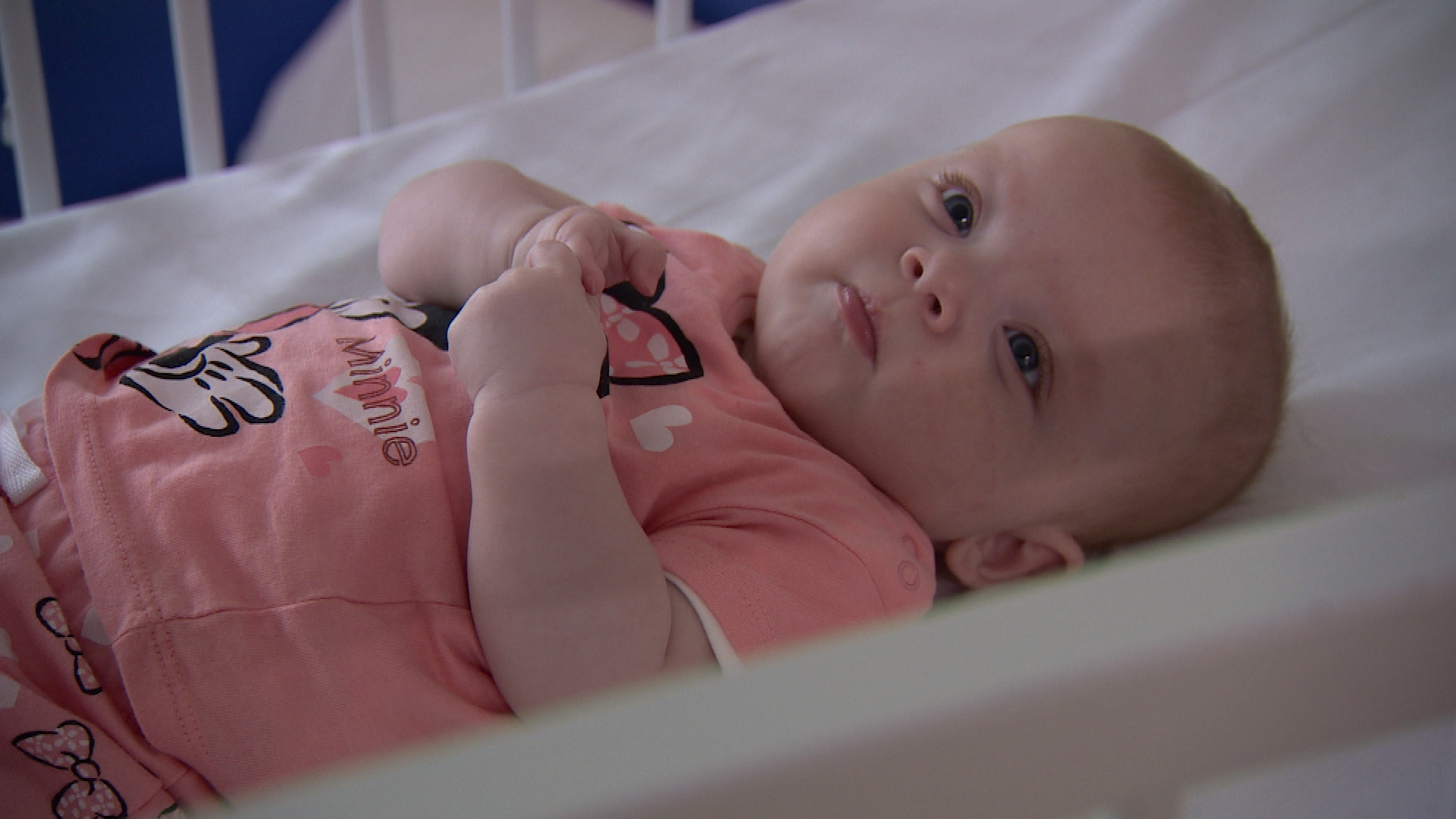
Respiratory Syncytial Virus What Is It And What Are The Symptoms In Young Children Itv News Granada

Surviving Your Babys First Cold Parents

Know The Signs And Symptoms Of Respiratory Syncytial Virus Rsv - Doncaster And Bassetlaw Teaching Hospitals
2

Non-blanching Rash In An Infant With Bronchiolitis Nursing Times
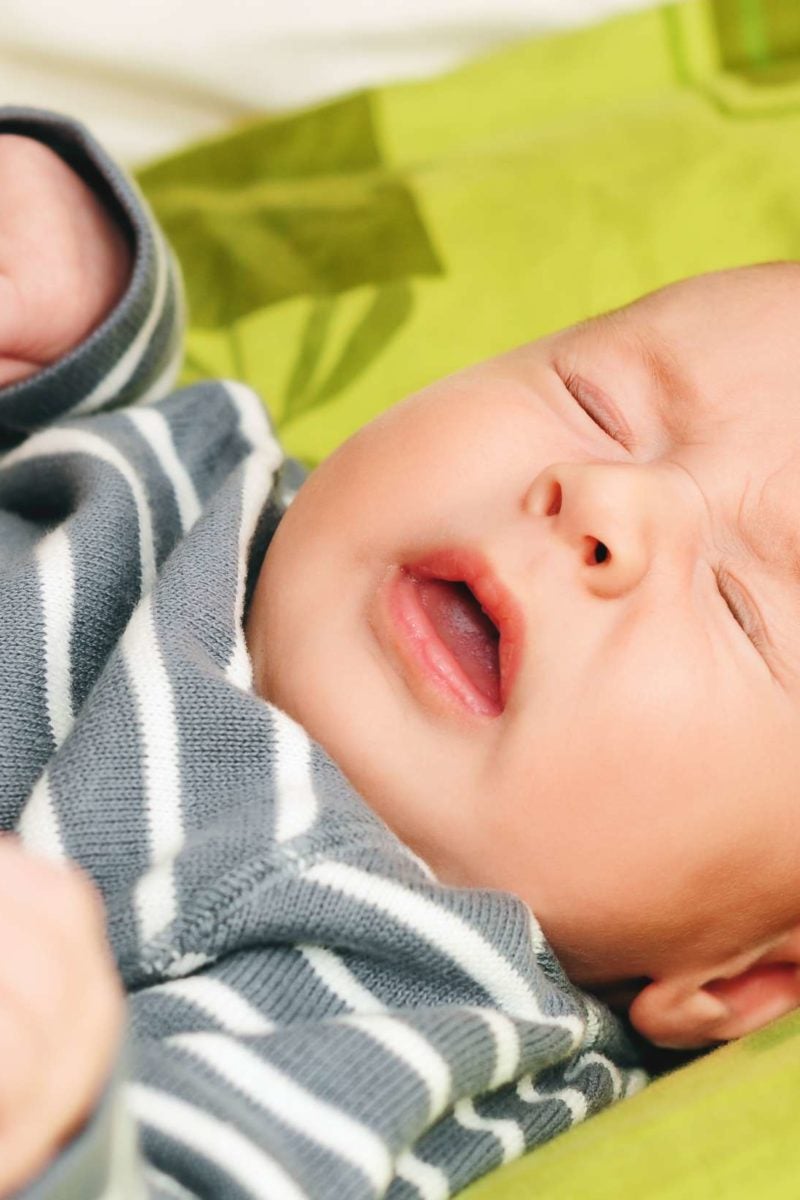
Baby Congestion Causes Symptoms And Home Remedies
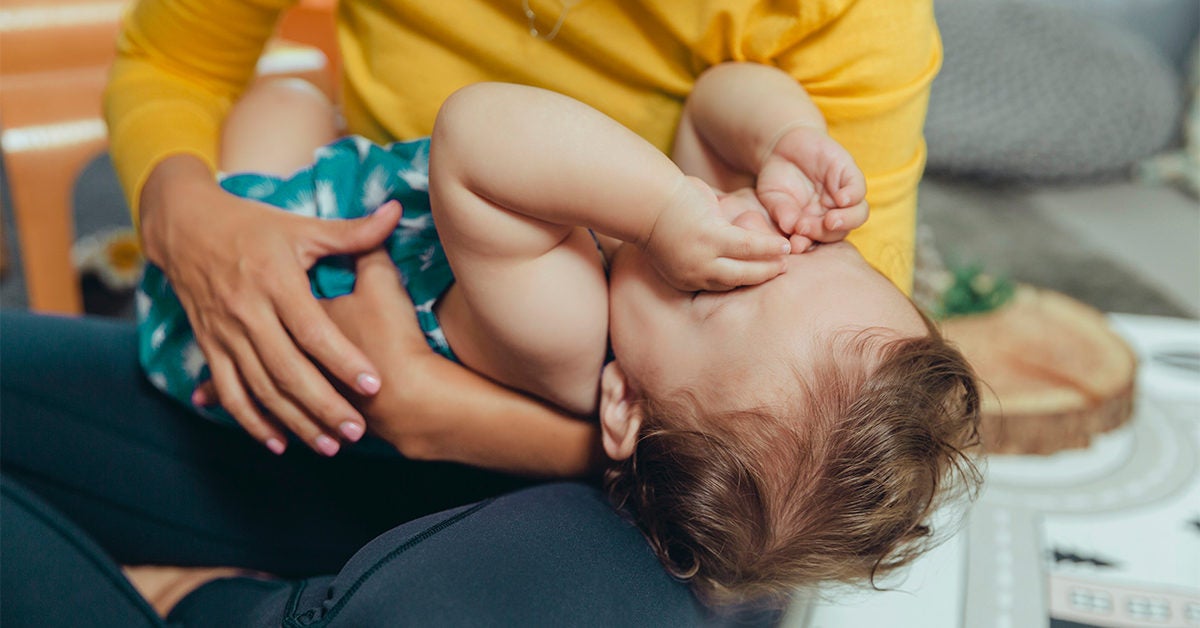
Baby Rubbing Eyes Reasons Dangers How To Deal With It
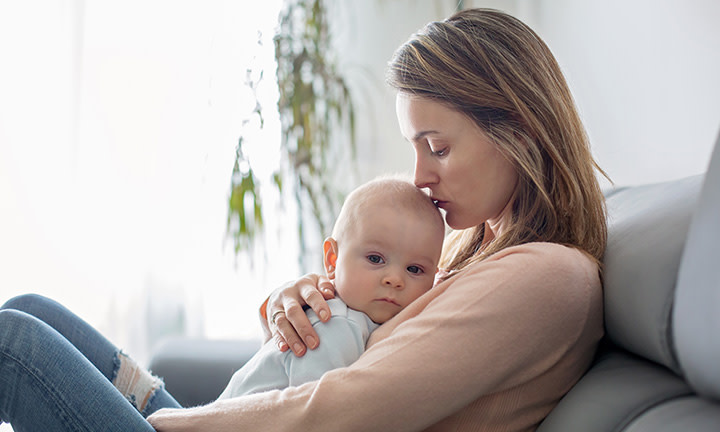
All About Rsv In Babies Pampers Uk
Public Health Wales - Rsv Is A Common Virus That Causes Coughs And Colds And It Is Currently Spreading In Wales If You Have Rsv Or Another Cold-like Illness Keep Away From

Pin On Preemie World
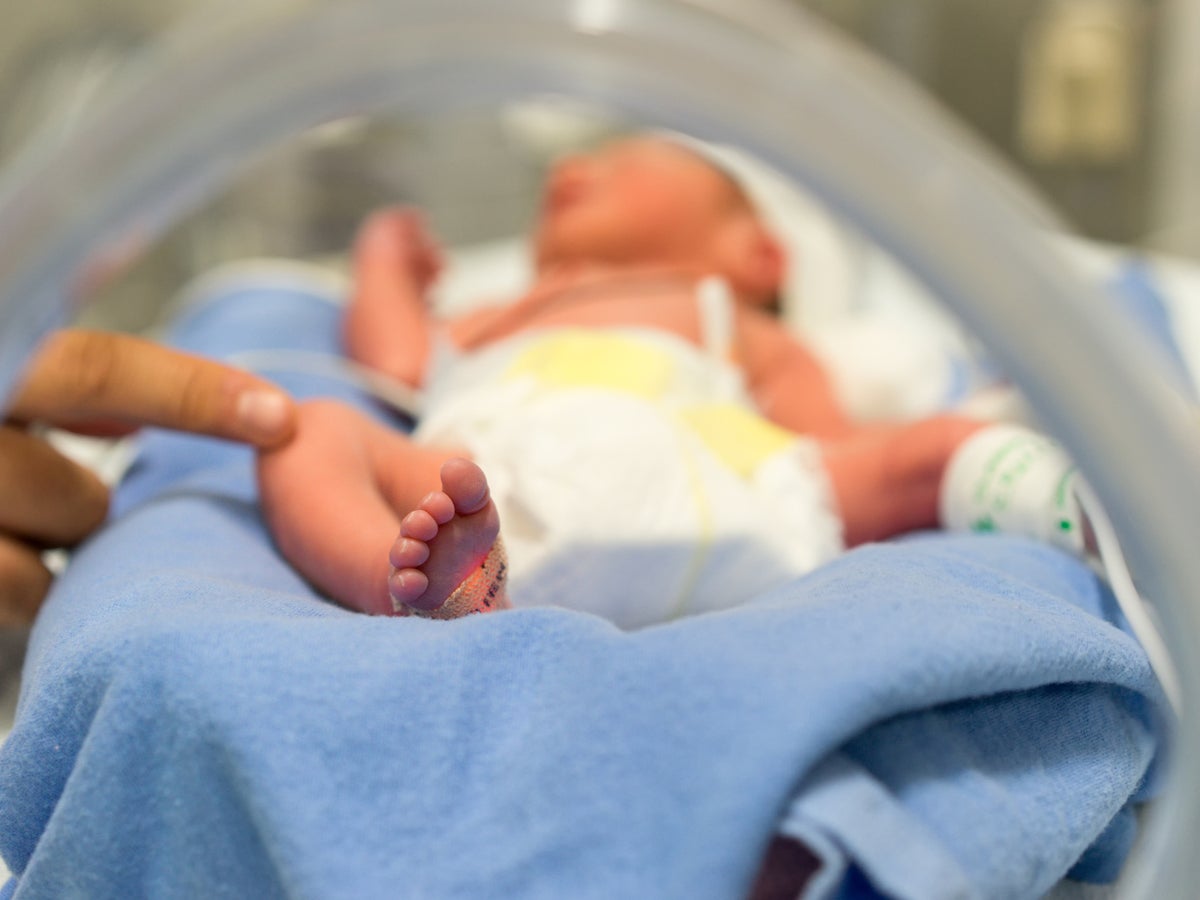
Nhs Expands Immunisation Against Childhood Virus Amid Fears Of 50 Per Cent Surge In Cases The Independent

Teething Or Sick How To Tell In Your Baby Franciscan Health

What Is Rsv Symptoms Of Respiratory Syncytial Virus Explained And Why Nhs Expects An Outbreak This Winter Nationalworld
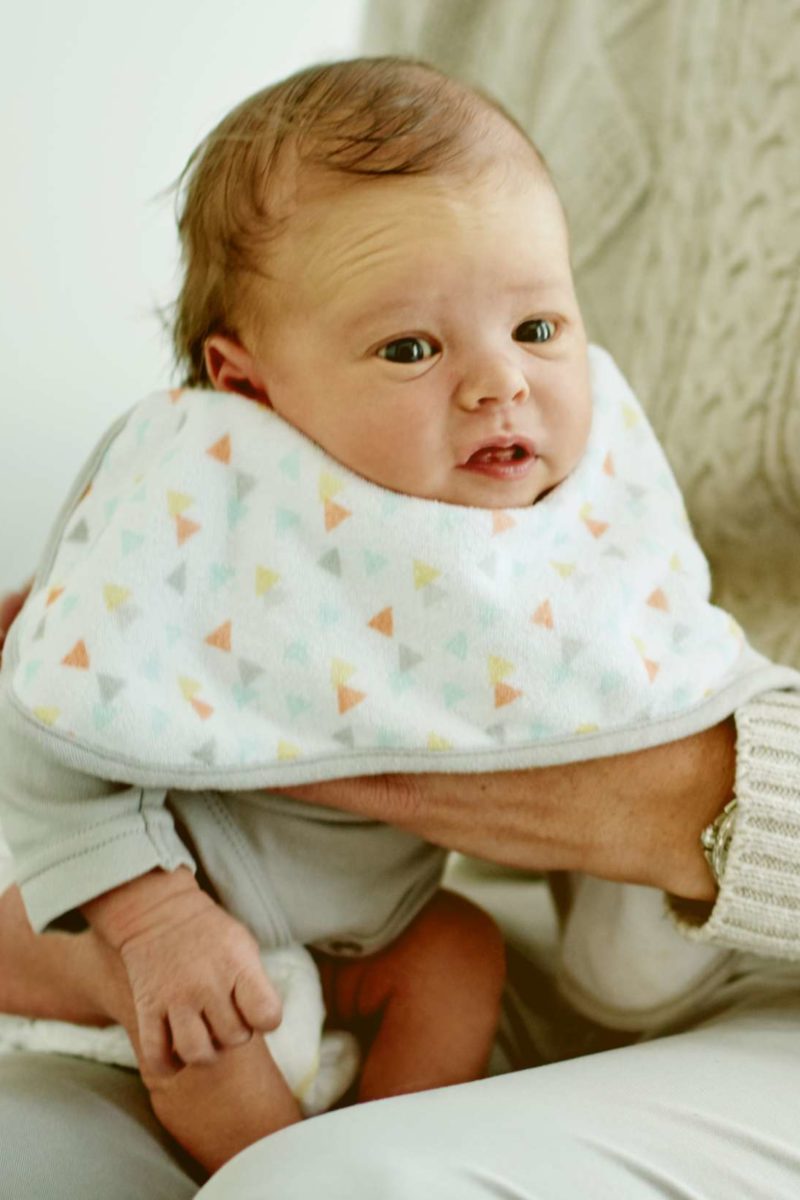
Stopping And Preventing Hiccups In Babies And Newborns
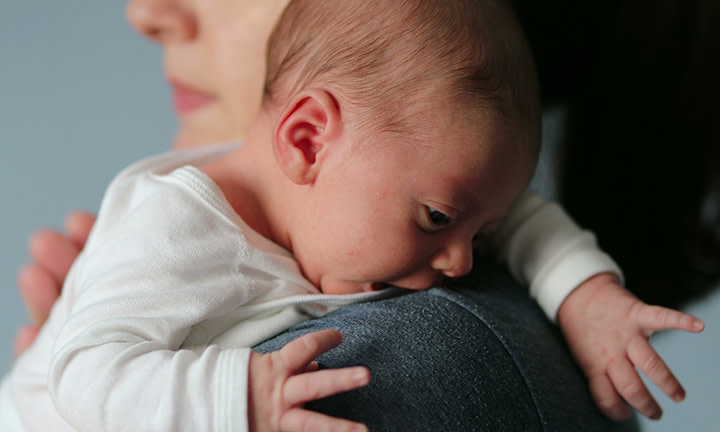
Croup Cough Sound Other Symptoms And Treatment Pampers

Hospital Gives Advice To Parents Of Babies As Number Of Respiratory Illness Cases Starts To Rise In Milton Keynes Milton Keynes Citizen

Local Warning As Childhood Respiratory Infections On The Rise
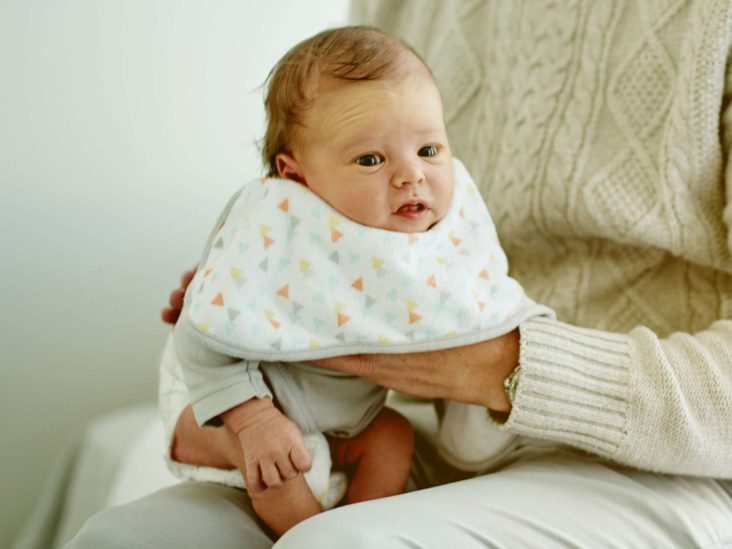
Stopping And Preventing Hiccups In Babies And Newborns
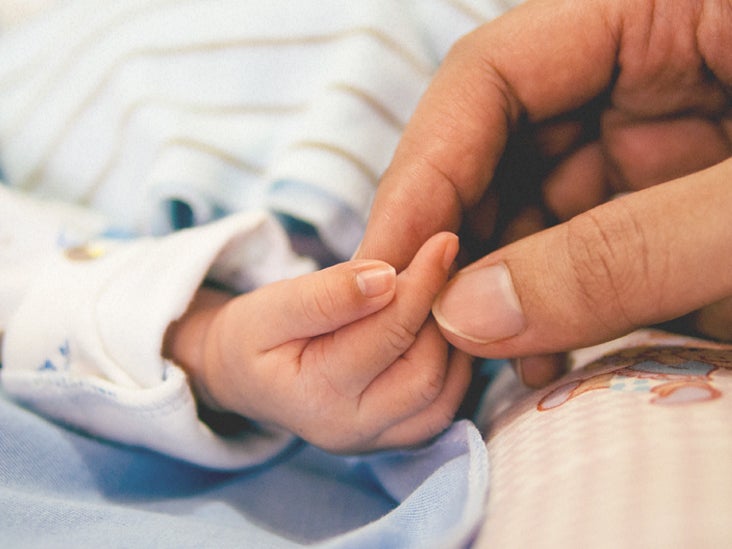
Sudden Infant Death Syndrome Sids Symptoms And Prevention
Rsv In Babies Nhs. There are any Rsv In Babies Nhs in here.
